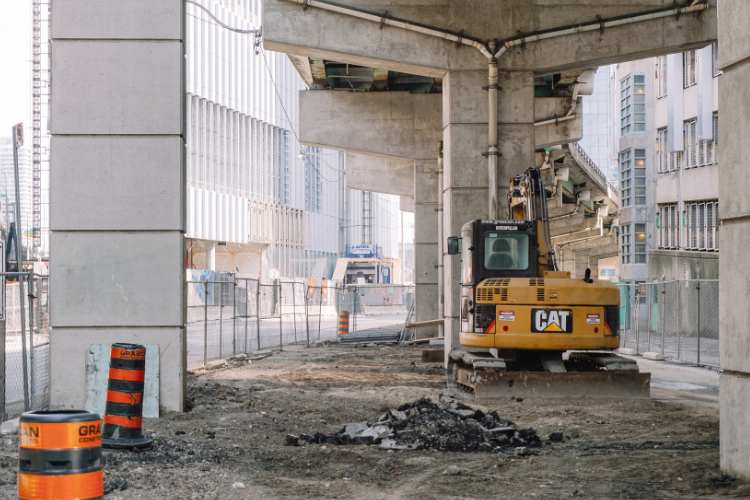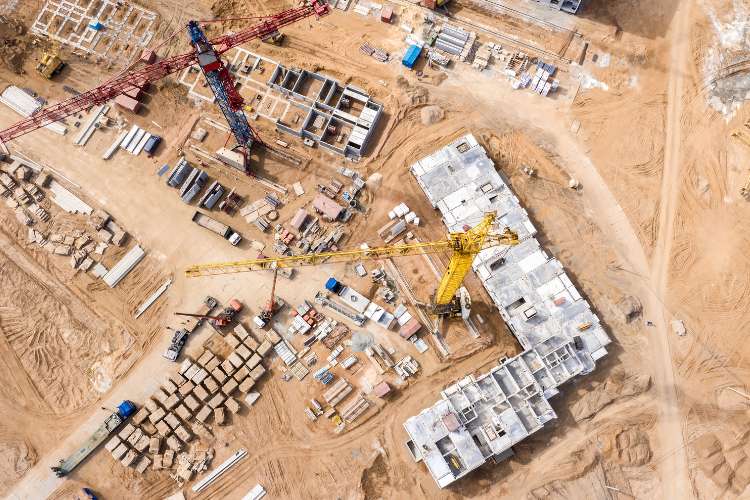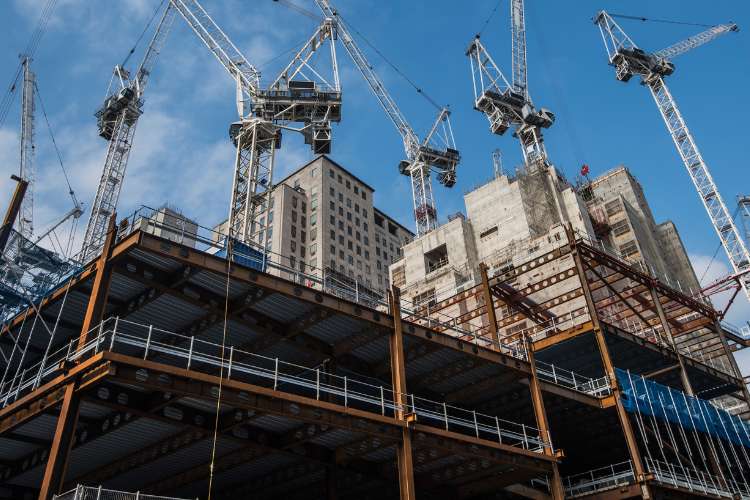In commercial construction, effectively marketing your business doesn’t come down to typical branding initiatives like logos, websites, or brochures. As a subcontractor, you build your construction brand by delivering quality work in the field. However, you can only demonstrate that value once you’ve won projects where you can showcase that quality work. So, especially for newer subcontractors, it’s critical to understand how to submit accurate, reliable bids that set you apart from your competitors.
An upcoming episode of the Built with Billd podcast features our conversation with Kaylon Page, General Manager at Texas Materials, whose team of estimators submits up to 50 bids per week. With that extensive experience, Page provided the following insights on how to submit winning commercial construction bids.
Table of Contents
1. Follow the Bid Form
If there’s one thing that will get your bid thrown out from the start, it’s failing to follow the bid form. Using the bid form will ensure the GC is able to easily incorporate the bid into his or her bidding software (like PlanHub) — which is essential for large projects that may garner more than 100 bids.
In some cases, the general contractor will proactively provide the bid form, but if he or she doesn’t, make sure to ask for it.
2. Clearly Communicate Exclusions
Make sure to clearly and proactively communicate any exclusions — that is, things that the GC would generally consider to be part of your scope, but you don’t plan to provide. Otherwise, you are essentially providing an incomplete number.
Let’s say, for example, that you provide asphalt paving, but don’t plan to include traffic control in your proposal. In this situation, the GC needs to know that they will need to account for that separate cost and find a sub who provides that service. It is best to point out these exclusions proactively, so the GC isn’t caught off guard down the line.
3. Include as Much as You Can
Don’t skimp on how much information you include in the bid. Instead, include as much information as you can — the more, the better.
In fact, some subcontractors will work with second-tier subs to provide additional services and include it all in one bid. This provides additional value to GCs, who don’t have to find additional subs to complete the job.
Plus, this can make you stand out from the competition. “It’s almost as if you’re expanding your scope of work compared to your competitors,” explains Page.
4. Strategize How You Present Your Numbers
When it comes to numbers, some subs will provide nice, round numbers, while others will specify the bid down to the penny. While there’s no one correct strategy, it’s important to think critically about the number you present.
Rounding to some extent — to the 10s or 100s, for example — is generally helpful. Otherwise, the calculations can become messy in the GC’s accounting process. “If you’re the estimator that has to deal with that on the back end, especially in unit cost contracts, it can get really frustrating when you have to go down to the penny to tie everything together,” explains Page.
However, don’t get too liberal with your rounding. A clean $100,000 number might be easy to work with, but could cause a GC to question your calculations: “Did they do precise calculations? Could they have done it for $60,000 but just decided to round up?” A more precise number (even one that has still ben rounded) can instill confidence that you did your part and thoughtfully calculated your bid.
5. Don’t Forget the Behind-the-Scenes Tasks
While the bid itself will be your primary focus, don’t let other responsibilities fall by the wayside. Page explains that while new subcontractors may have a comprehensive, inclusive estimate, they sometimes struggle to provide other necessary documents, such as a COI, construction safety, bank information, and credit references.
“They’ve spent so much time figuring out the estimating process and getting that squared away, but once we get to the accounting and back office tasks, that’s when we don’t hear back for a week and a half because they’re scrambling to find that information and get it to us,” he says.
Having that documentation on hand and ready to go will make the entire transaction smoother. And even if that doesn’t help you win the bid today, it will help you build a relationship with GCs and establish your reputation as someone who is trustworthy and responsive — and that can lead to more opportunities in the future.
Whether you’re a new or experienced subcontractor, you must have a concrete strategy for bidding. By including the right numbers, using a strong bidding software like Knowify and putting your best foot forward with these tips, you can put yourself at an advantage to begin winning jobs — and building a strong reputation in the commercial construction community.








